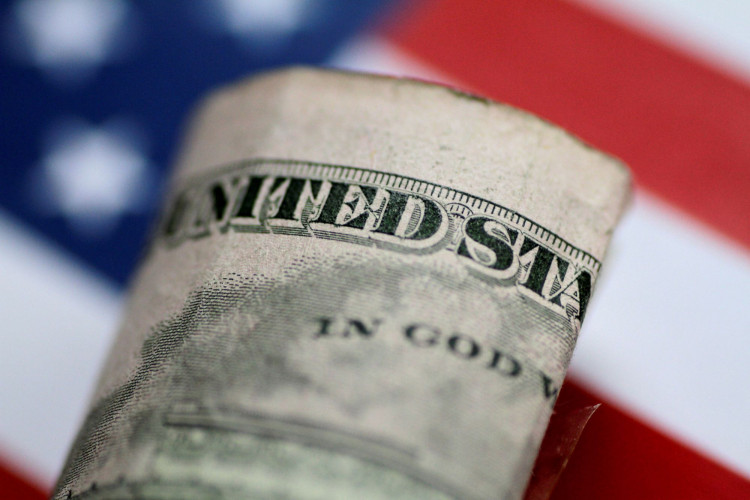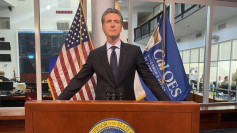As the fate of a fourth stimulus check hangs in the balance, state and local governments are experimenting with new ways to get free money into the hands of those in need.
There are no strings attached to these payouts, unlike stimulus checks. You can usually claim the recurring payment with little effort, and you can use it for anything you want. A number of cities and counties already have pilot programs in place.
Mayors for a Guaranteed Income (MGI), a new national organization, is spearheading many of these initiatives, including those in Columbia and St. Paul.
The group hopes to use the findings of these experiments to advocate for a federal guaranteed income, not to replace existing social safety nets, but to improve equity between people of different races, genders, and economic backgrounds.
The network has attracted 57 mayors from across the country since its inception a year ago, with Twitter founder Jack Dorsey donating $18 million to help fund the experiments.
While guaranteed income and universal basic income plans are not new ideas, the COVID-19 pandemic has shown how effective tiny sums of free money can be in helping people in tough situations on a national scale.
Meanwhile, payments of universal basic income (UBI) are, as the name suggests, universal. In most cases, each citizen or resident receives the same amount.
A long-standing example is the Alaska Permanent Fund, which has given a percentage of state oil income to most residents since 1982. Earlier this month, around 643,000 Alaskans received their yearly payout of $1,114.
Mayors in various cities aren't the only ones experimenting with guaranteed income. California is the newest state to adopt a regular-payment system.
In July, California set aside $35 million for a variety of guaranteed income projects, focusing on pregnant women and young adults who have aged out of the foster care system. Payments of up to $1,000 per month are available to recipients.
Even though more people are receiving stimulus checks, don't expect your phone to ring anytime soon. Individual grantees are often picked by lottery, even if you qualify as a member of the correct group in the right place.
Furthermore, the concept of a permanent, national UBI plan has yet to achieve universal acceptability. Critics are still worried about how recipients will spend their free money and whether they will be less likely to look for high-paying jobs.
That isn't to say you won't be able to make some extra cash; it just means you'll have to look for it.





